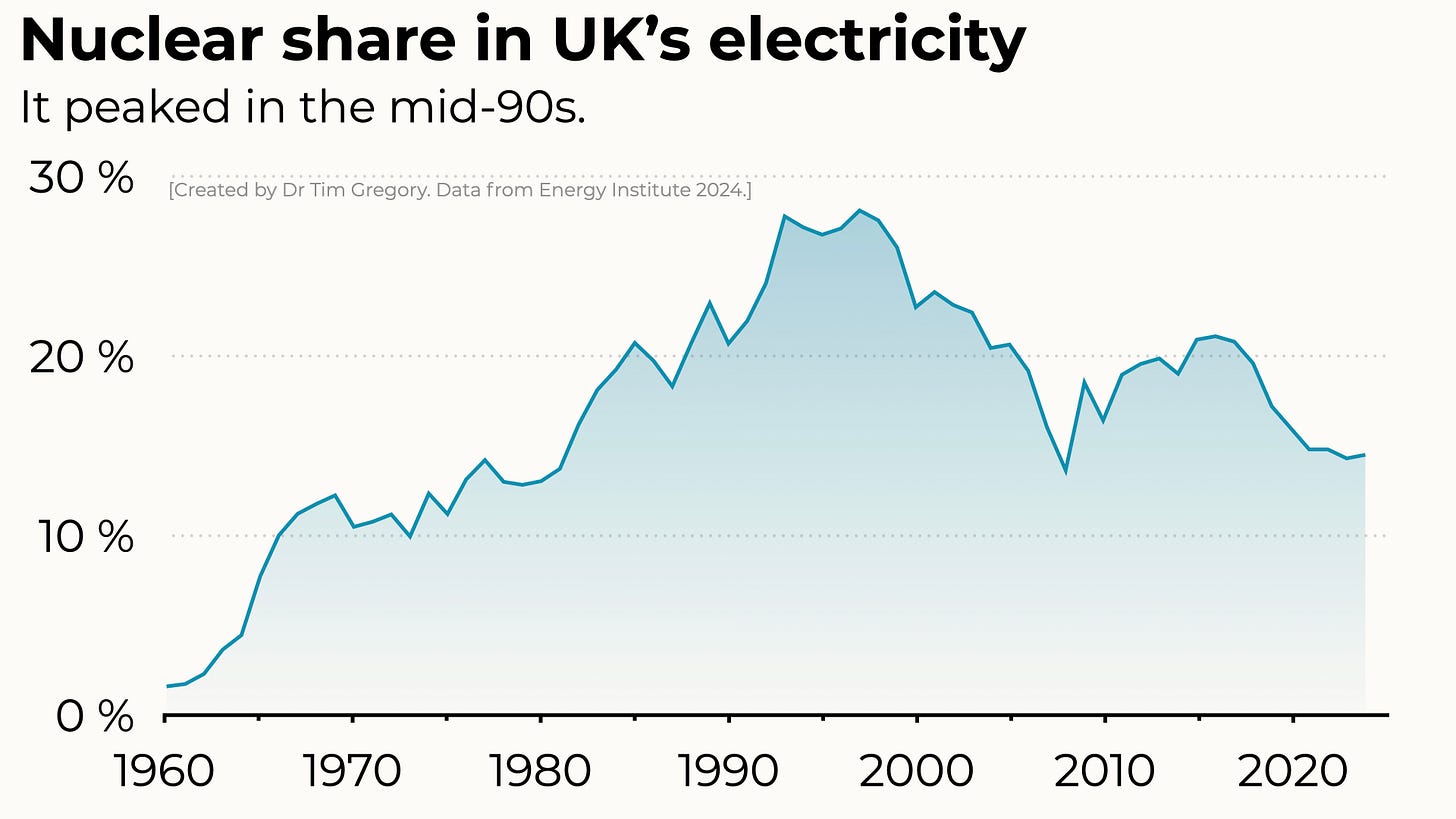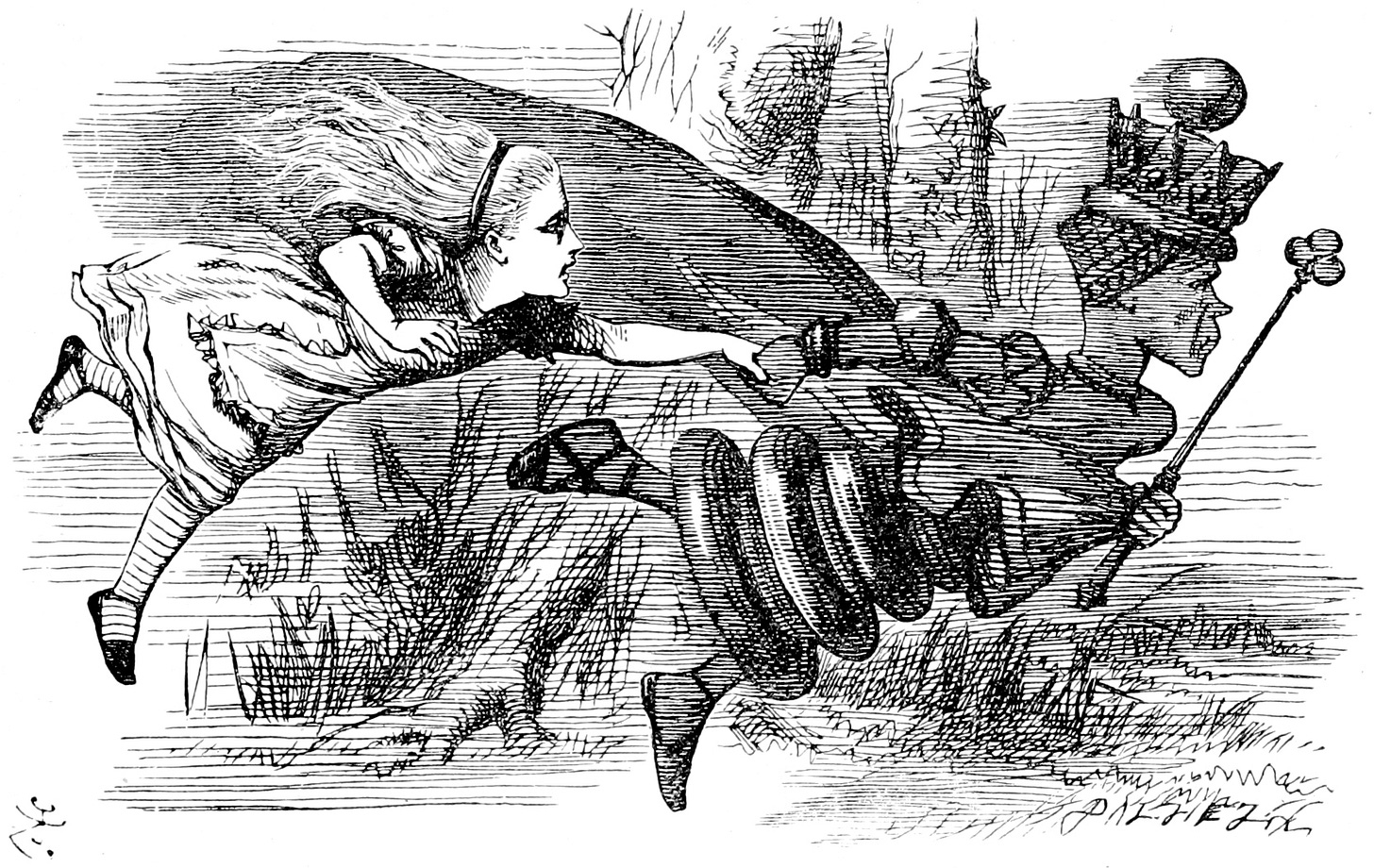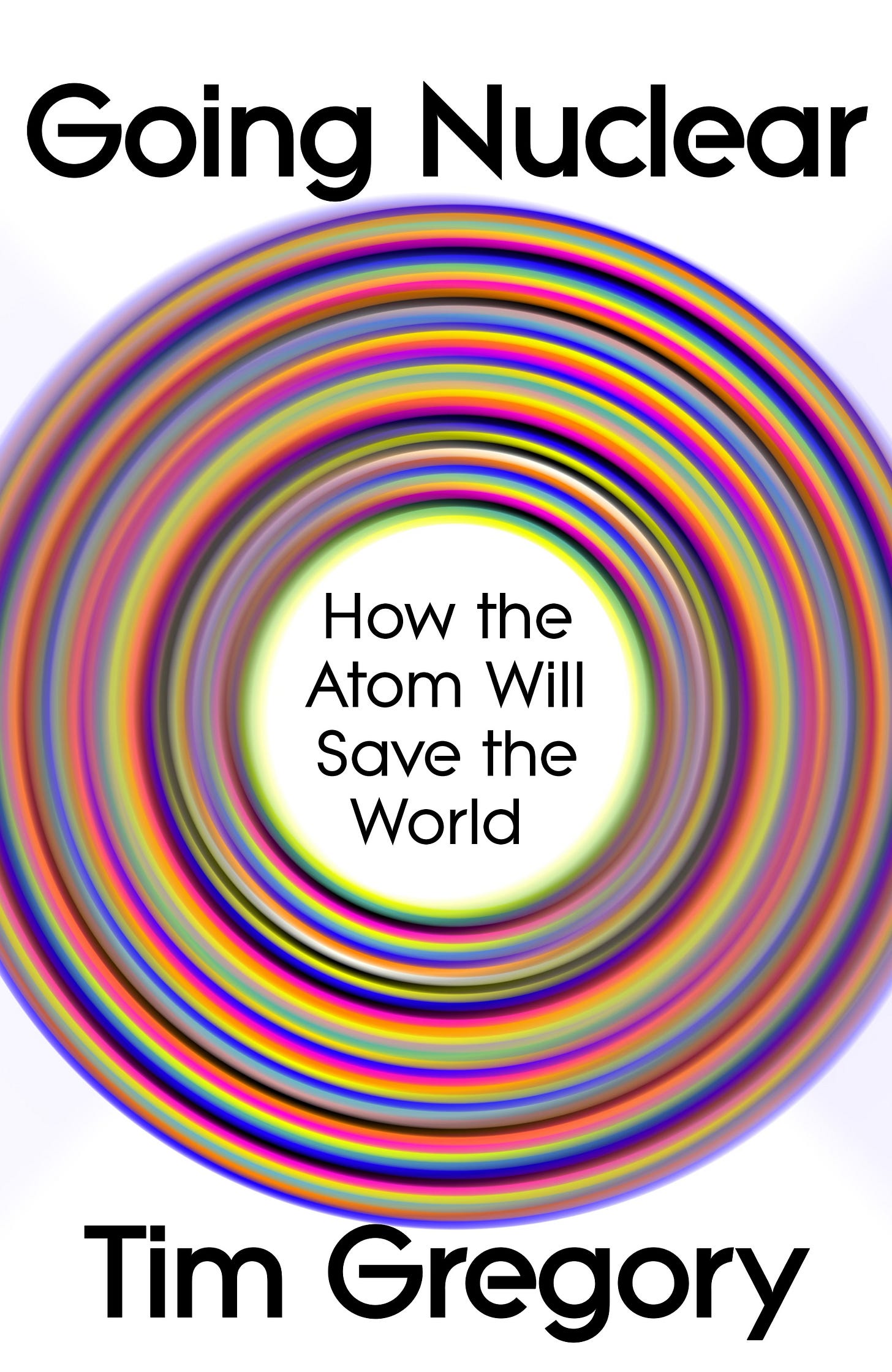Now, here, you see, it takes all the running you can do, to keep in the same place.
— The Red Queen
The UK once led the world in nuclear power. Calder Hall — the world’s first commercial nuclear power station — began pushing electrons through Britain’s National Grid in 1956.

At its peak in the mid-1990s, nuclear supplied about a quarter of the UK’s electricity. Today, it supplies about 15 per cent.

There’s a recognition amongst energy leaders — both in government and the private sector — that nuclear must play a part if we’re to achieve net zero (sensibly) by 2050. This is great news.
Public support in the UK is also strong: the latest YouGov poll shows 27 per cent of people ‘tend to support’ and 22 per cent ‘strongly support’ nuclear power. This is also great news.

As such, there’s a lot of excitement about a ‘nuclear renaissance’ in energy circles. Nuclear featured heavily in UK’s 2025 Spending Review. The key points were:
Sizewell C — a 3.2 gigawatt nuclear power station — will be built in Suffolk.
Rolls-Royce SMR will be building the UK’s first small modular reactor. (I’m particularly excited about this.)
With decarbonisation, energy security, and the energy abundance our society depends on all in mind, all of this is — again — great news. But…
With most of the UK’s current reactors scheduled for retirement, nuclear capacity in 2035 will be slightly lower than it was in 2020, even though both Hinkley Point C and Sizewell C will be online by that time.
A few small modular reactors would bump us back into the green, but we don’t know how many are in the pipeline right now. I’ll update this graph as and when announcements are made.

Now, I don’t want to single out the UK. It’s roughly in-line with the global picture. The International Atomic Energy Agency predicts that nuclear’s share in the world’s electricity supply will roughly stay the same between now and 2050 (currently just shy of 10 per cent).
I don’t say this to be uncharitable, or ruthless, or cynical. I’m delighted that Sizewell C is going ahead, and I can’t wait for those small modular reactors to be rolled out across the country. It’s the best news in ages. I say it because — understatement of the century incoming — net zero is really difficult. It will take more than a few new nuclear reactors, countable on one hand, to get there.
Last week was a week for celebration and a few well-earned pats on the back, but this week and next we must continue aiming upwards. We mustn’t get complacent.
I’d like to see a French-style nuclear rollout, the kind that added ~ 65 gigawatts of new nuclear to the grid between 1970 and 1999. That such an energy transition has been achieved before is a shining beacon of optimism.

I’m reminded of what the Red Queen said to Alice: ‘If you want to get somewhere else, you must run at least twice as fast as that!’
And so it goes with net zero.
I go into lot more depth on topics like this in my new book, Going Nuclear: How the Atom Will Save the World. It’s out now.






Euphoria is the way I felt when these announcements were made. At 86.75 years old, I'm hoping to still be around when the switches are thrown on HPC and even when the first R-R SMR goes live.
Part way through Chapter 8 of Going Nuclear. Highly recommended if you want the history, technologies and many other facets of a planet cleansed and running on nuclear power with minimal environmental impact 👏👏👏
Great to see another advocate in the media. I follow Decouple and Gordon McDowell on youtube and now I follow you Tim! The MSRE in Oakridge got my interest in nuclear going all over again.
I'm a lay person who grew up in the the mid 70s, so I recall a lot of the unease surrounding the nuclear incidents of the decades around that time, made real in the reactions of adults around me, but also in the material that we read in English classes - all very weapons apocalypse but definitely framed around accidents too.
My background is in imaging radiation, which is of course a very different flavour of risk, but it's useful to have that background in radiation protection and ALARA/P. The main counters I hear (typo edit) are of course costs and build time, even though most people fail to recognise that their appreciation of such things is because they're focussing on the long tails. Then there's waste, but it isn't really waste, more like in most cases, an unspent resource, created by our choice of reactor. We could consume it (transmute it sounds better than burning it in my mind) but I think I'm right in saying we don't mostly because of a political lack of will (and then an infrastructure thing too).
I'm very much looking forward to more of your content!